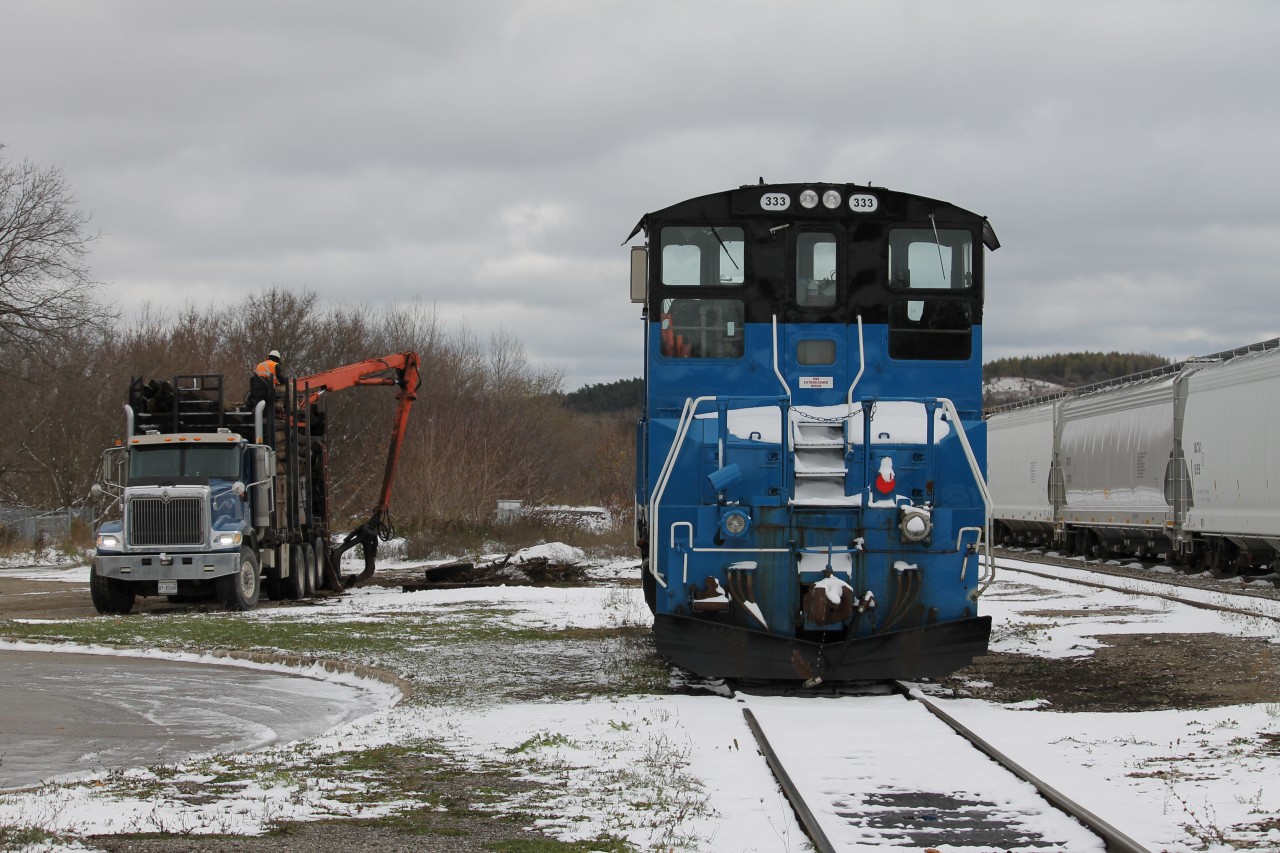
Welcome Visitor. First time here? Like what you see? Bookmark us for when you are bored, and check out 'top shots' and 'fantastic (editors choice)' in the menu above, you won't be dissapointed. Join our community!
click here to sign up for an account today. Sick of this message? Get rid of it by
logging-in here.



It was viable except the underlying lands had become gold.
The value of the land far exceeded any return you could get from any railway operation in a private world. Any shortline would have to pay $30m and even then, given financing, return on equity, you need $1.5M revenue JUST to cover interest on a 30M loan (assuming 0 equity was put in) and then you want profit on top of that, $1.5M profit annually is a minimum of what they would be expecting…. assuming 5% loan and 5% return on equity (5% is very very poor BTW)
in other words, the railway had overstayed their welcome financially speaking and there was no other way other than continuing to run it. No one would have bought it or paid that much.
So seeing that no one would buy the railway as is, the town cashed in their casino chips and tore down the casino after doing so.
It was sold for land value, and you can 100% thank Ontario’s amendment to the Ontario Shortline Railway Act that eliminated any need to continue operating a rail line under provincial control. If it wasn’t for that they wouldn’t have had the option without going through a long process….
the act changes allow any non Federal railway company in Ontario to do the same thing. No matter how profitable. They can in fact just shut down a railway and say “sorry, see ya”.